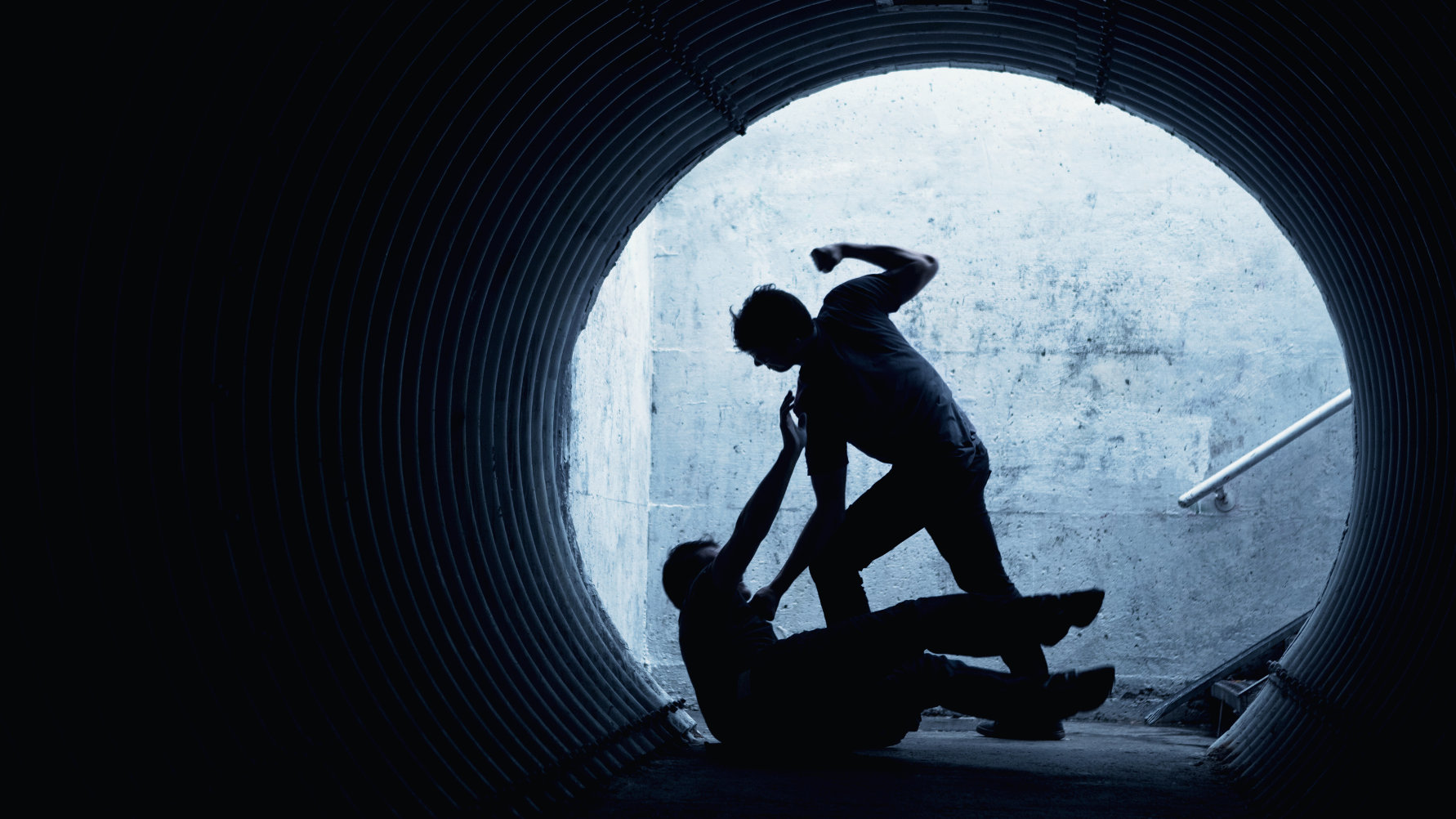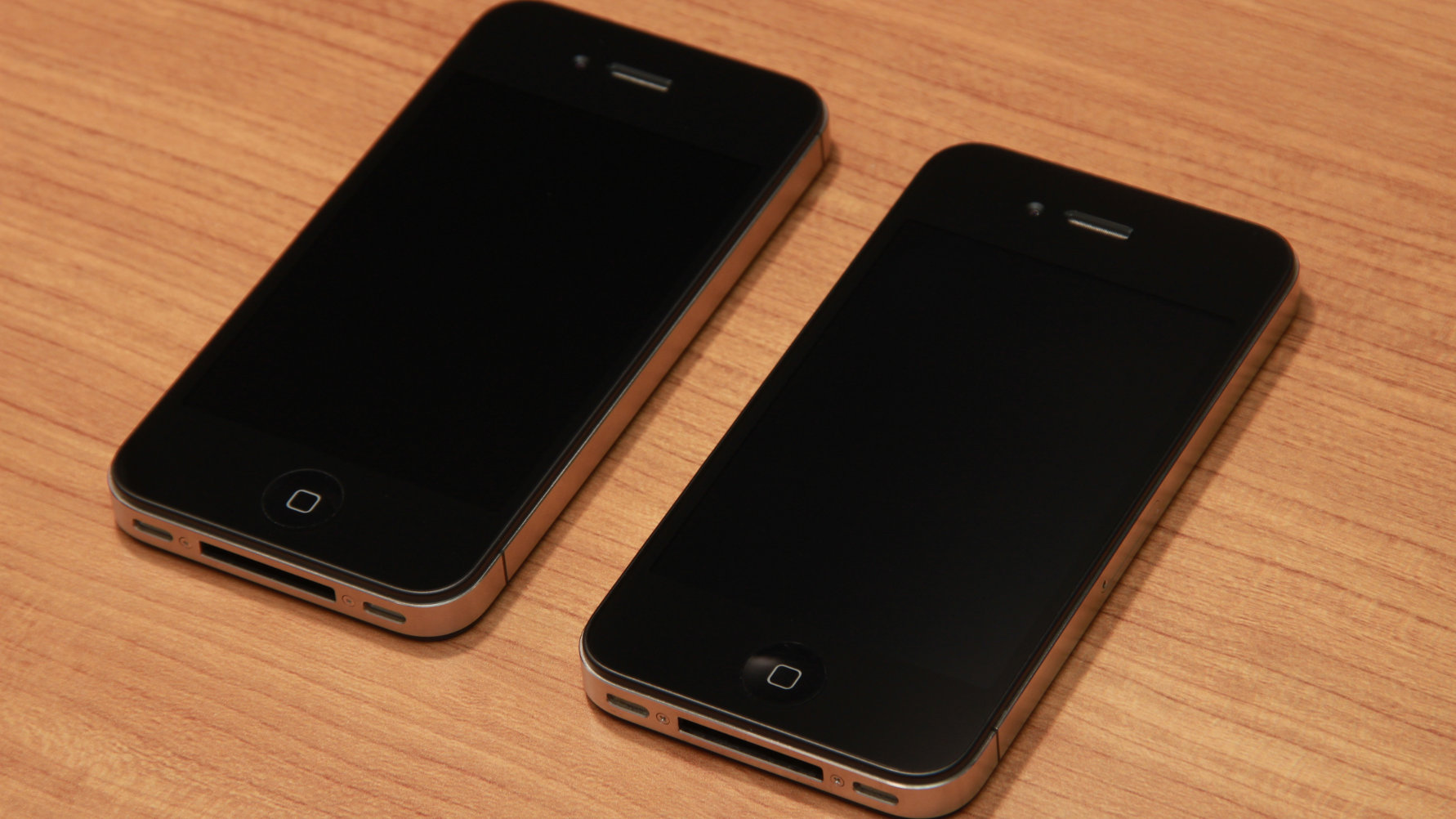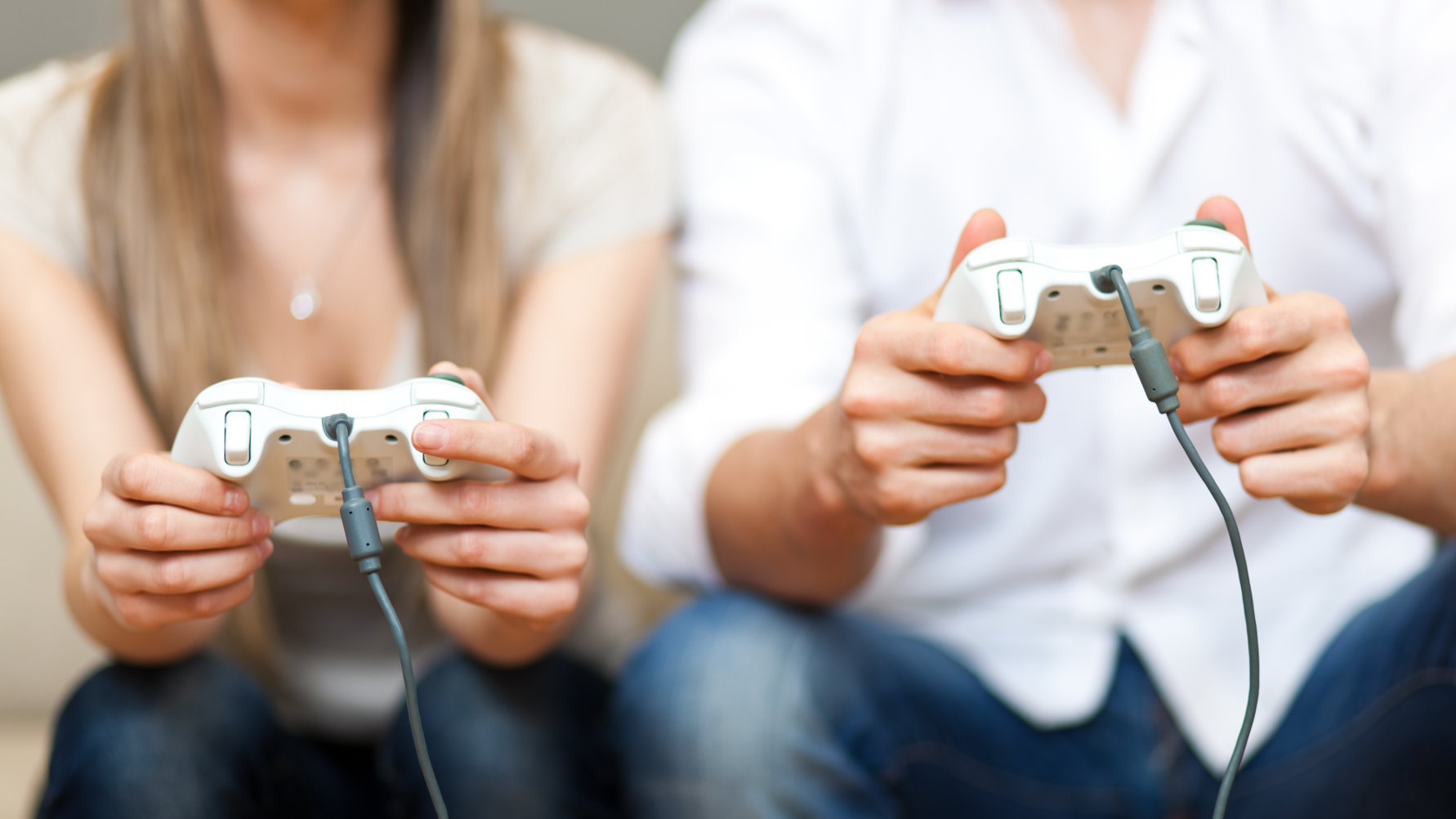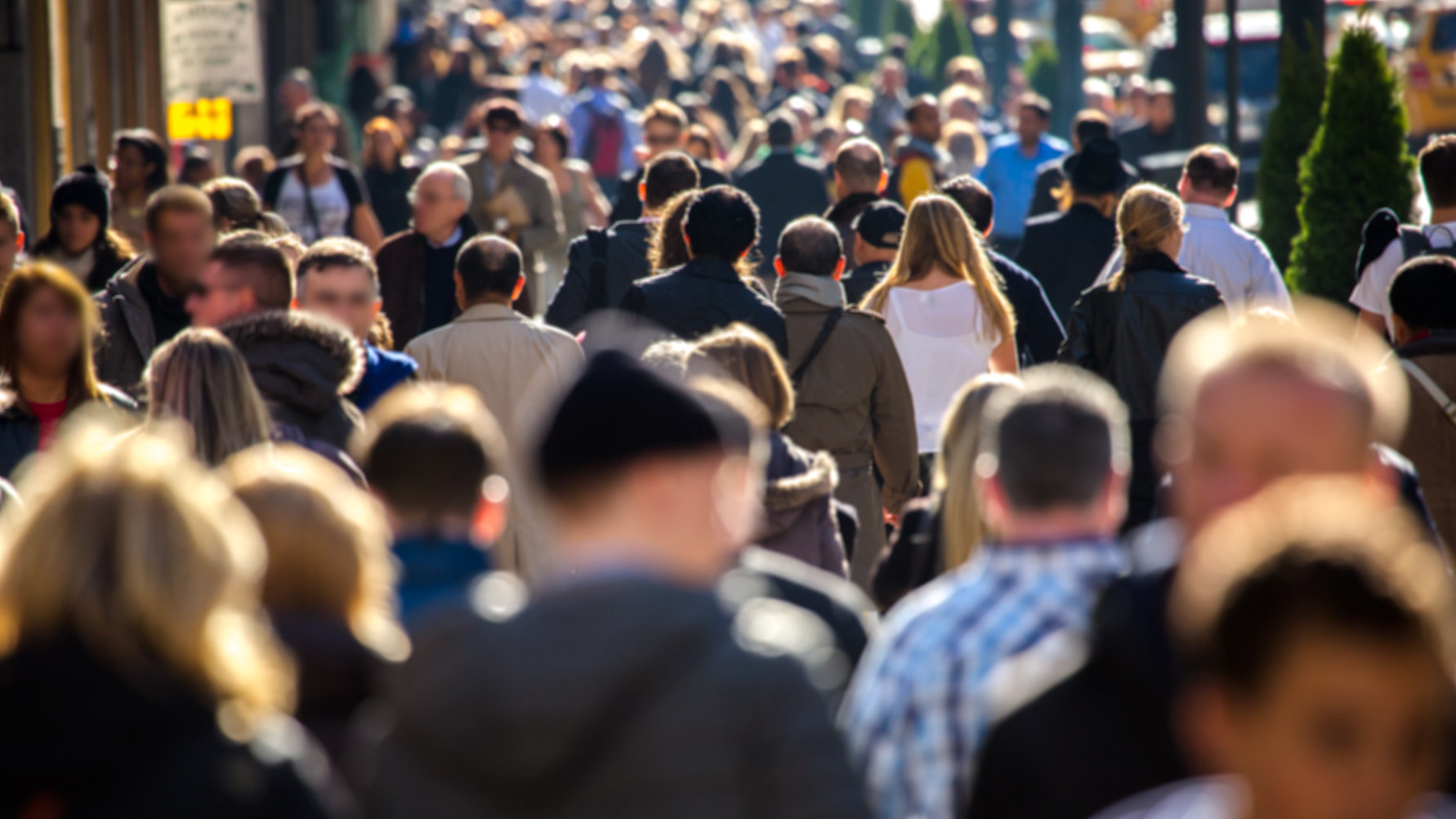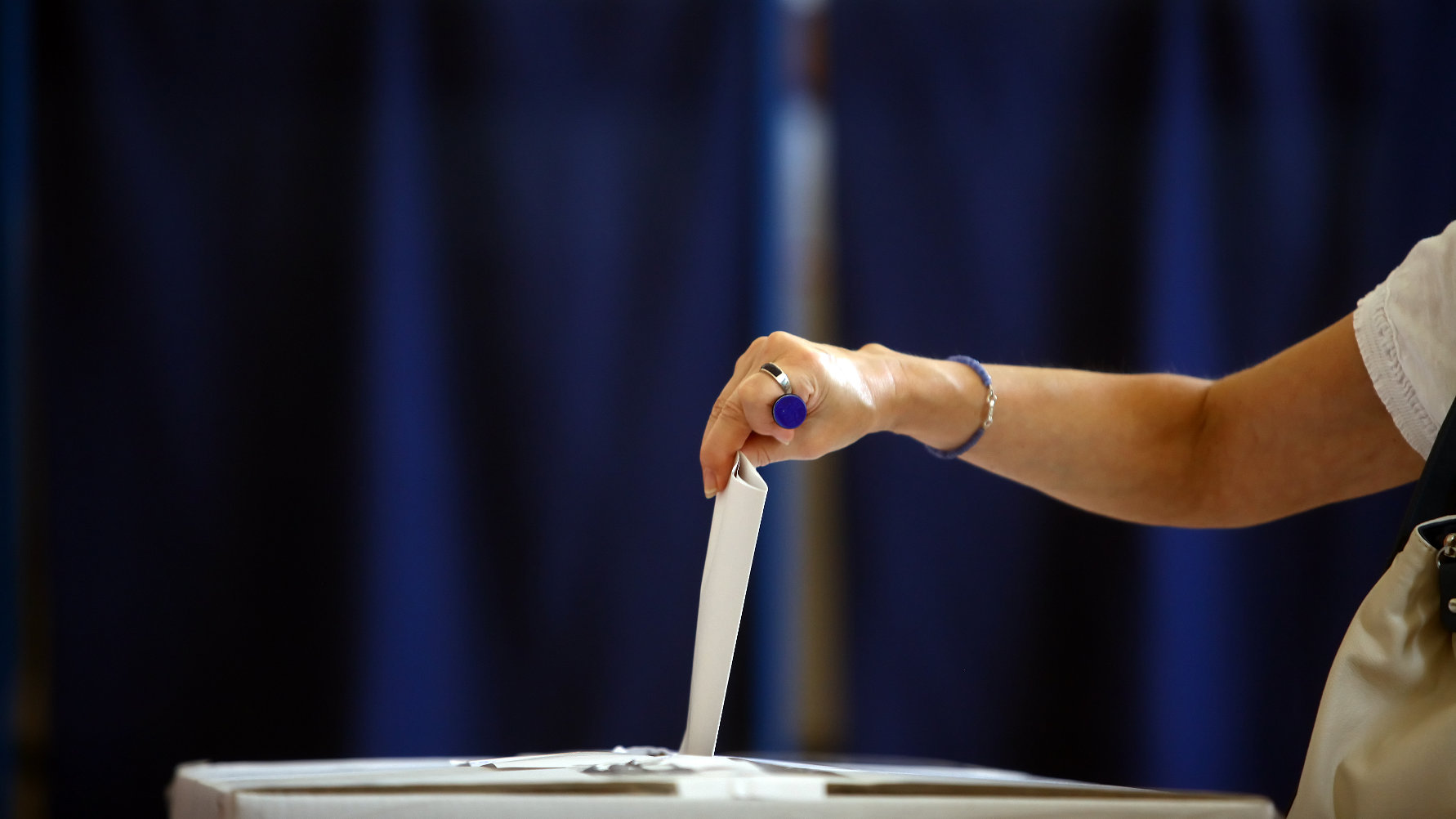Natalie Shoemaker
Contributing Writer
Natalie has been writing professionally for about 6 years. After graduating from Ithaca College with a degree in Feature Writing, she snagged a job at PCMag.com where she had the opportunity to review all the latest consumer gadgets. Since then she has become a writer for hire, freelancing for various websites. In her spare time, you may find her riding her motorcycle, reading YA novels, hiking, or playing video games. Follow her on Twitter: @nat_schumaker
Male war heroes are more likely to snag a date than their female counterparts. It seems warrior-women don’t meet with our primate brain’s idea of attractive, according to researchers.
When the stress of work has become unbearable, you may feel triggered to reach for the snack drawer and grab a treat. However, a short, 15-minute walk has the power to stave off those unhealthy food cravings.
Our desire to conform starts young. Despite our best efforts later on in life, by age two we’re already willing to hide our otherness away from our peers, according to researchers.
A new study has found that there are too many studies. So much that there’s an information decay happening in the minds of researchers.
Should long-distance couples use social media sites to gauge the health of their relationship? Studies show it’s all about how you use the medium.
Olga Khazan argues that always gunning for the best option may leave us with a feeling of regret — there’s always something better on the horizon. So, instead, be able to be happy with something that’s “good enough.”
We are more connected than ever, and yet people will still accept myths as facts. So, when the truth is just a Google search away, why do we continue to circulate internet myths?
Uncertainty can be a powerful motivator, according to one group of researchers.
Researchers cast doubt on a widely held belief that a bully must be physically imposing. Their studies reveal aggressive behavior comes first; strength comes as they mature.
Reports on the Apple Watch have said it will change everything — for better or for worse, depending on whom you ask. Mark Sullivan, however, is one of the hopefuls.
The Wikimedia Foundation is taking the National Security Agency and the U.S. Department of Justice to court, challenging their large-scale surveillance program.
Since 2011 state officials have been restricted from using the phrase “climate change” in addition to a list of other terms surrounding environmental issues.
Researchers have been experimenting with oxytocin to find it has a range of beneficial effects — one of the most recent being in calorie control.
Over-saturation of a brand doesn’t mean consumers will be able to recall it exactly. Researchers found only one out of 85 students was able to replicate the Apple logo in a drawing, perfectly.
Tiny houses have become quite trendy across the web. Design specs and photos have been shared across a number of blogs and social networks, but are these micro-houses becoming the new American Dream?
IBM’s Serious Game program wants to give enterprises a way to digest data by playing them out in real-world simulations, or video games.
Our tolerance for slowpokes has declined over the past few decades.
How do you erase something that has gone viral, like a meme? The idea pits our right to privacy against a community that’s hungry to share. So, how do we even begin to police it?
Though the job market is seeking more Spanish-English bilingual employees, there are far more jobs valuing their skill at less than $35,000 per year than $95,000 per year.
Everest is presenting a new challenge to man: how to dispose of human feces on the world’s tallest mountain.
Some consumers are hesitant to adopt electric-powered vehicles out of fear that they will become stranded — something researchers are calling “range anxiety.”
It’s difficult to make friends out in the “real world.” But some people have managed to forge those special bonds through hook-up apps, like Grindr and Tinder.
Researchers confirm the best location to hunker down during a zombie outbreak: go where people aren’t.
Health apps aren’t regulated by the medical industry and there’s little in the way of standardization, making them unreliable and a risky investment for some consumers.
The selfie has become part of our culture of sharing. But should some things, like the ballot, remain private?
Google wants to stop the spread of misinformation by changing the way it ranks pages — concentrating more on facts rather than links.
When people are reminded of God, they are more ready to engage in risky behavior, but not morally wrongful behavior.
Over the past 11 years as a hotel concierge, Indira Pun has committed thousands of names to memory. Her trick? She exercises this part of her brain like a muscle.
Co-living spaces offer a cheap, all-in-one package: a place where freelancers can live and work with other self-employed individuals. But is this system crossing the boundaries of work and life?
Crying, like blushing, is an uncontrollable emotional response. So, how can we keep from shedding tears during inconvenient times? A little physical pain.








